Many people enjoy swimming during the warm summer months, and some enjoy it during the winter too. The closure of public pools earlier last year has left many people wondering if it is safe to go swimming during the COVID-19 pandemic.
No major studies on if the novel coronavirus can spread to people through water have been completed yet. The CDC (U.S. Centers for Disease Control and Prevention) says there is no evidence it can.
According to the World Health Organization (WHO), it is highly unlikely the virus can spread through water because, unlike other pathogens, it is an airborne respiratory virus. The virus weakens in water, which reduces its infectious ability. The person-to-person transmission of the virus is mostly through the release of respiratory droplets. This is why maintaining a safe distance from others is imperative. They recommend a distance of at least 6 feet or 2 meters.
Contaminated surfaces also allow the virus to be transmitted, but they are not believed to be the main source of transmission.
Chlorine makes it safe to use splash pools, swimming pools, and hot tubs. Guidelines from the CDC say that if water venues are treated with chlorine or bromine, they render the virus inactive.

Are there risks to swimming in public pools?
The risk is more from being in crowded spaces rather than in swimming according to infectious disease specialists. COVID-19 can only be spread through the air from droplets released from the mouth or nose. These droplets are usually breathed in by someone near an infected person who sneezes, coughs, or exhales.
Touching an infected surface and then touching the nose, mouth or eyes can also spread the virus. Physical distancing is imperative at public pools. Swimmers should also take the usual precautions like disinfecting hands, surfaces, and avoid touching their face.
Outdoor pools, lakes, and beaches are better for swimming because air ventilation can be a bit of a problem in indoor pool areas. The risk is associated with limited air circulation rather than swimming. With this in mind, it can be safe to go swimming during the COVID-19 pandemic.

Dive into Safety!
Join our specialized First Aid Course for Swimming Emergencies and learn how to respond effectively to aquatic incidents. Equip yourself with essential skills to keep swimmers safe and act confidently in emergencies.
Besides the risks around COVID, there are other emergency situations around pools that require prompt attention from a first aid trained person. One question that is usually raised in our first aid courses is, in case of an emergency, do we call 911 or give CPR first? We created a YouTube short that addresses this question for all the students who have the same question.
Important swimming pool guidelines
- In public pools, lakes, beaches, and anywhere where other people are present, a six-foot distance should be adhered to, even when in the water.
- CDC strongly recommends you only use a pool if the water venues are treated with chlorine or bromine (which render the virus inactive). However, there has not been any complete studies done and this is only a suggestion.
- Seating and lounging space must maintain a safe distance.
- Masks should be worn by everyone when not in the pool. This also applies to children over the age of two. Children under the age of two should not wear masks because they may not be able to remove them if necessary. Masks should not be worn in the water because they may cause breathing difficulties when wet.
- Personal items such as towels, goggles, face masks, pool noodles, kickboards, and snorkels should never be shared. They must be disinfected after each use.
- Users should disinfect chairs, pool equipment, ladders, and handrails before touching them. Cleaning and disinfecting hands by washing with soap and water for 20 seconds is important. Alcohol-based hand rub can also be used to disinfect hands, handrails, ladders, and deck chairs. It should contain at least 60% ethanol or 70% isopropyl alcohol.
- Anyone with symptoms or who has tested positive for COVID-19 should isolate. The same applies to those who have been exposed to someone with COVID-19 in the last 14 days.
- People should avoid crowded areas where they cannot keep the six-foot distance, this includes beaches and water playgrounds.
- Children must not swim if they have diarrhea and must be taken to the bathroom frequently.
- Children need to learn how to practice good hygiene and not to swallow pool water.
- Everyone should be careful of getting pool water into their mouths. Do not squirt water from your mouth into the air.
- People who have a pool at home should make sure the water is tested regularly and must have the required levels of free chlorine.
- Everyone must shower before and after swimming.
- Other safety precautions must not be forgotten when near water and outdoors. Children must be supervised near water and should take swimming lessons from a young age. Anyone who cannot swim should wear a life jacket when near water. Sunblock is also essential to prevent sunburn.
 It may be safe to go swimming during the COVID-19 pandemic, but it is up to swimmers to ensure they stick to the safety guidelines to ensure they maintain a low risk of contracting COVID-19. Please understand that all the items mentioned in this blog are merely the opinion and suggestions of our authors and does not guarantee a completely safe environment. Please go swimming at your own discretion.
It may be safe to go swimming during the COVID-19 pandemic, but it is up to swimmers to ensure they stick to the safety guidelines to ensure they maintain a low risk of contracting COVID-19. Please understand that all the items mentioned in this blog are merely the opinion and suggestions of our authors and does not guarantee a completely safe environment. Please go swimming at your own discretion. 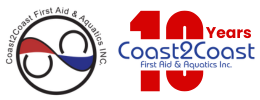



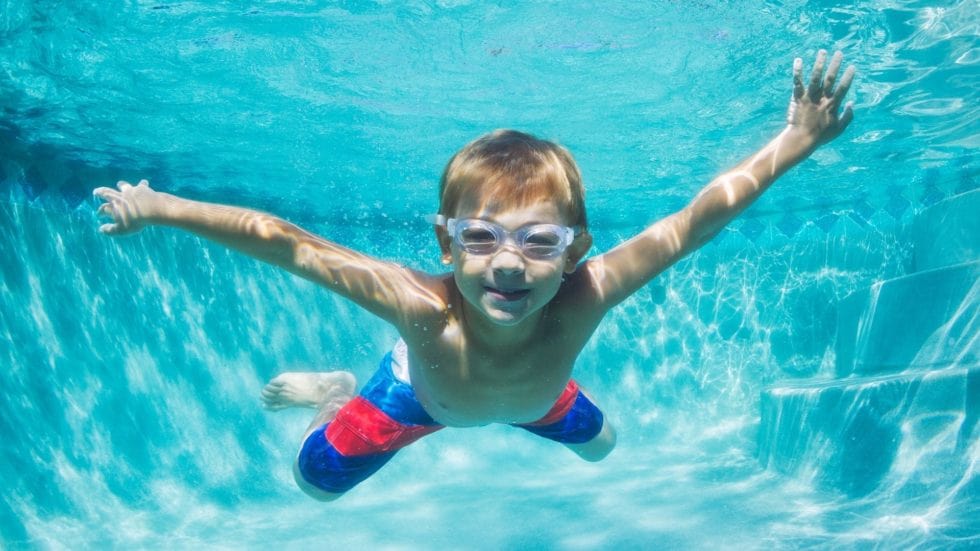

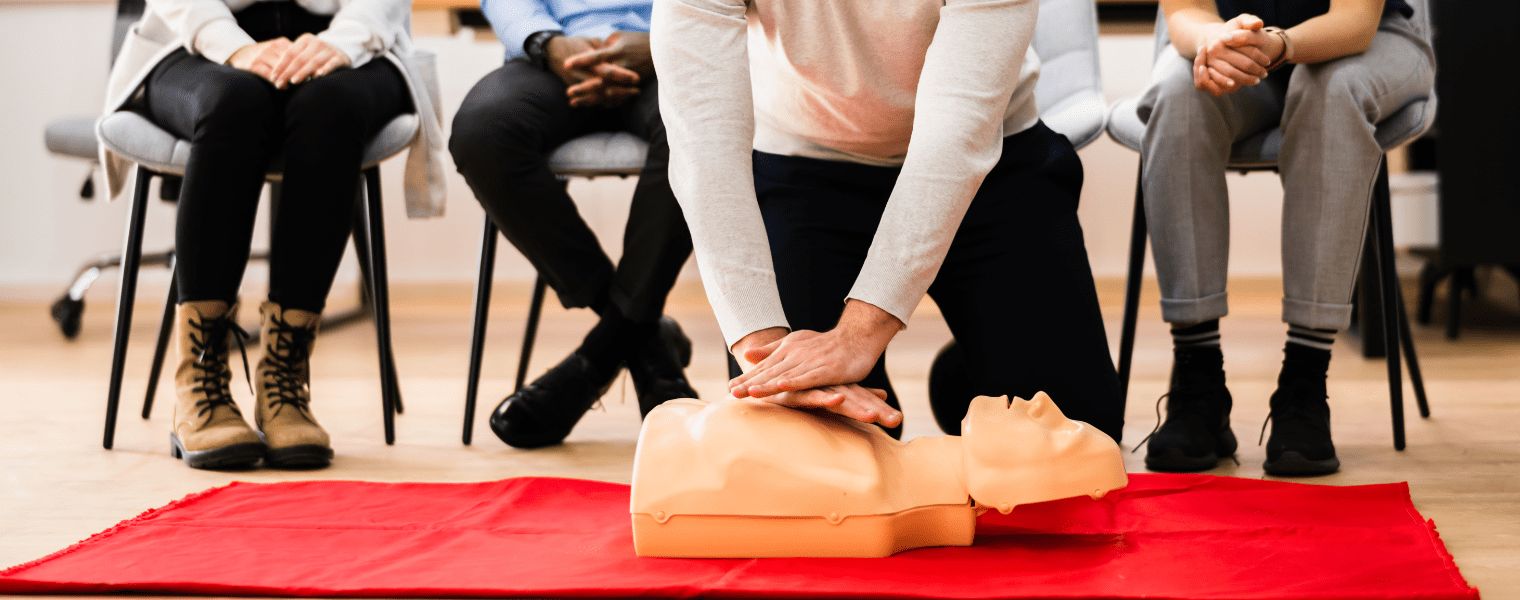
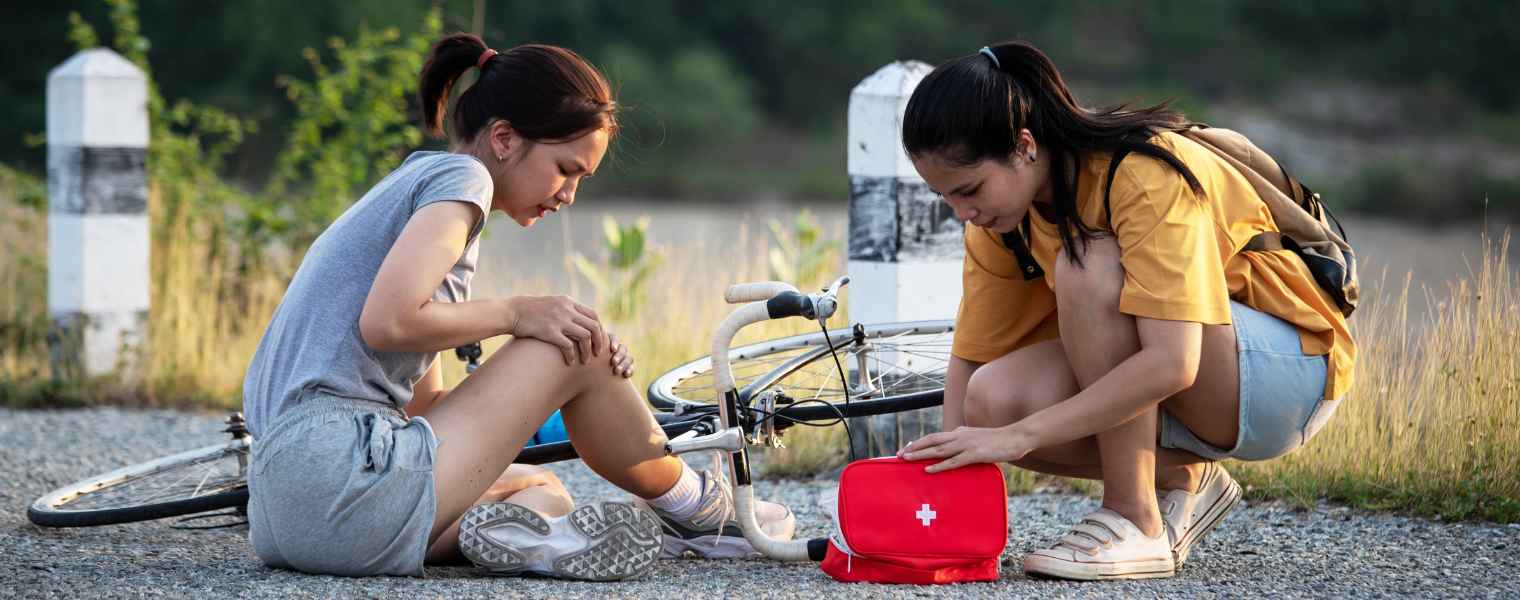

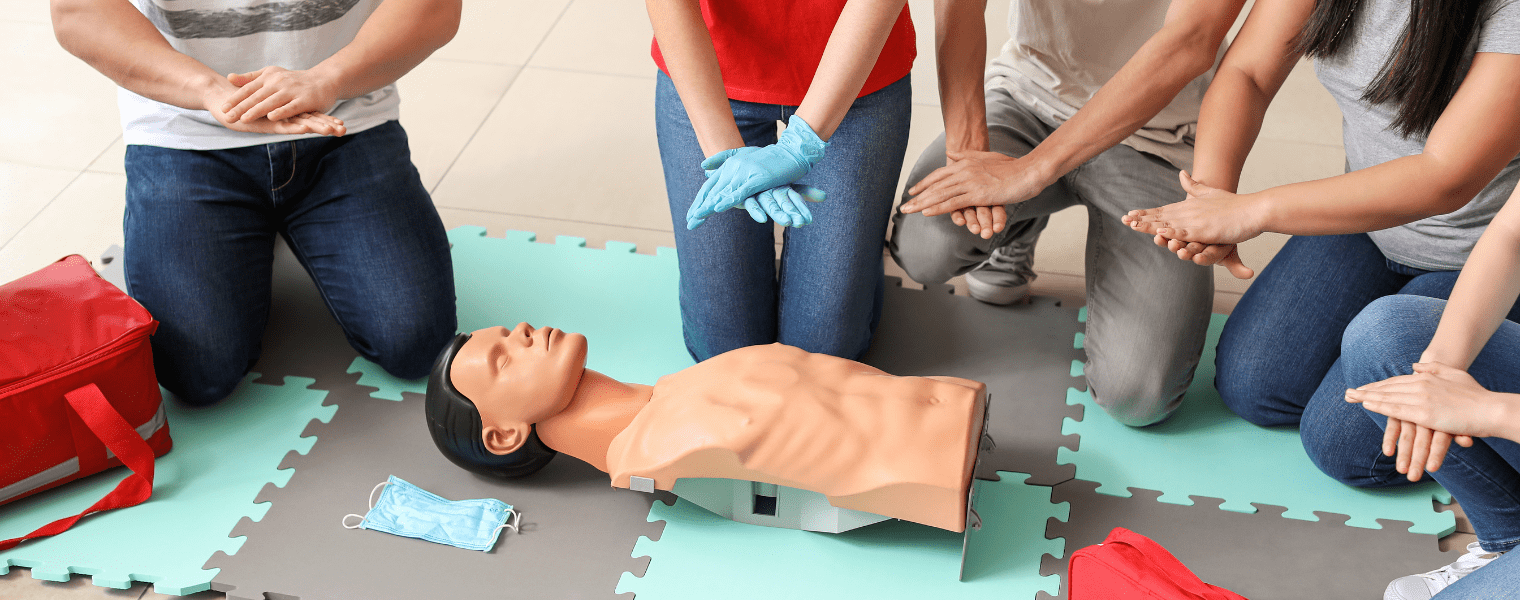
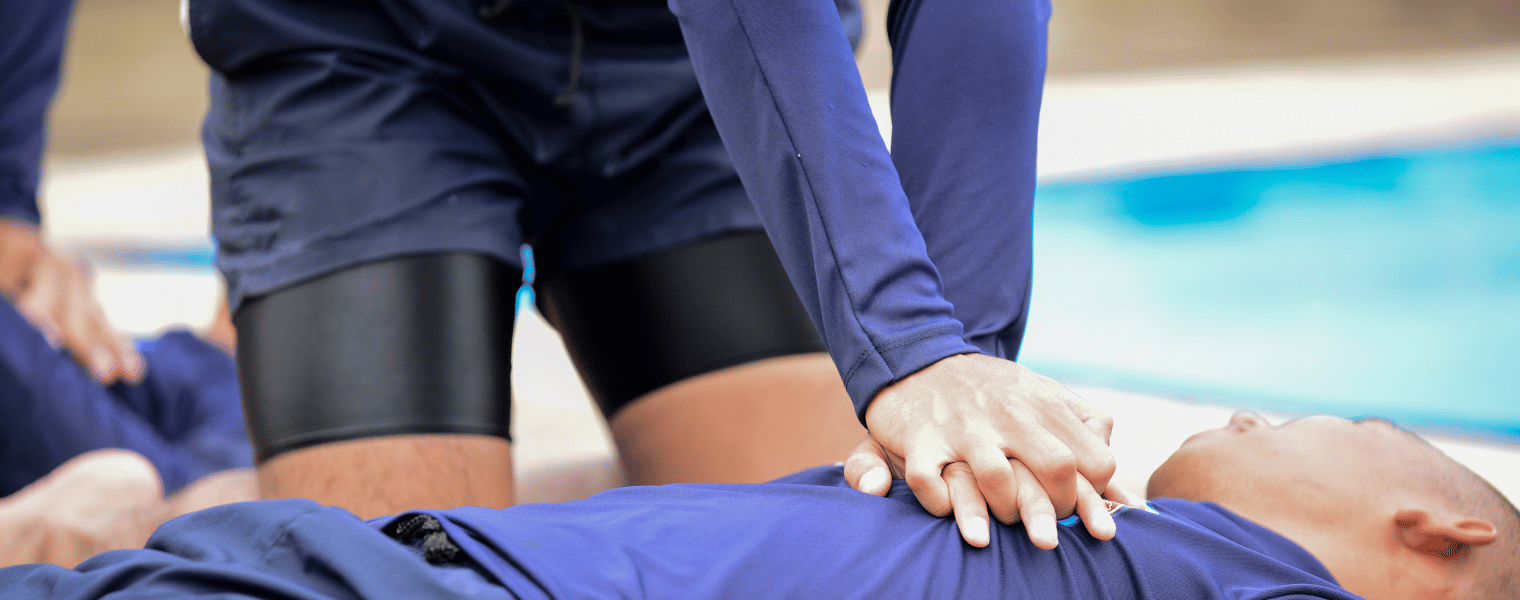
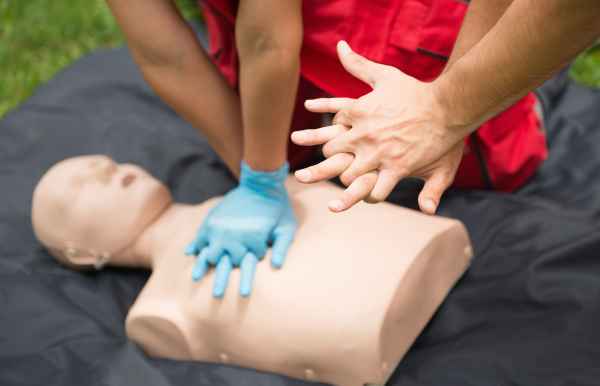

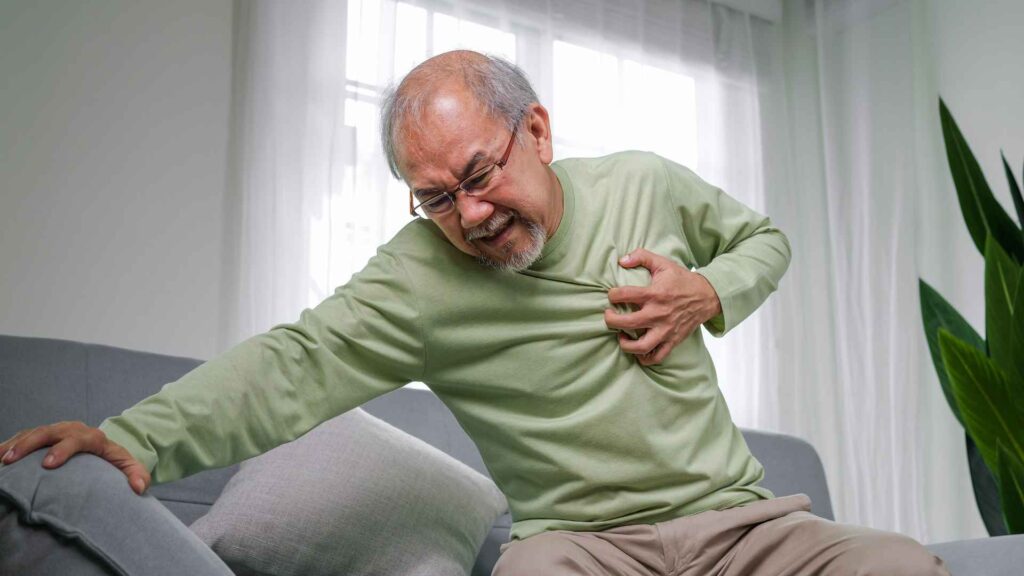
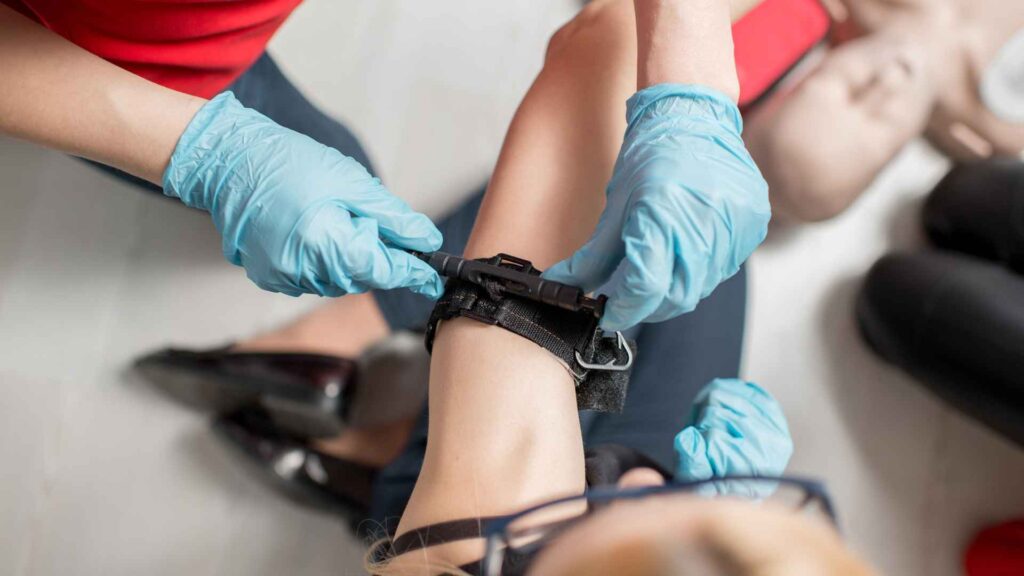
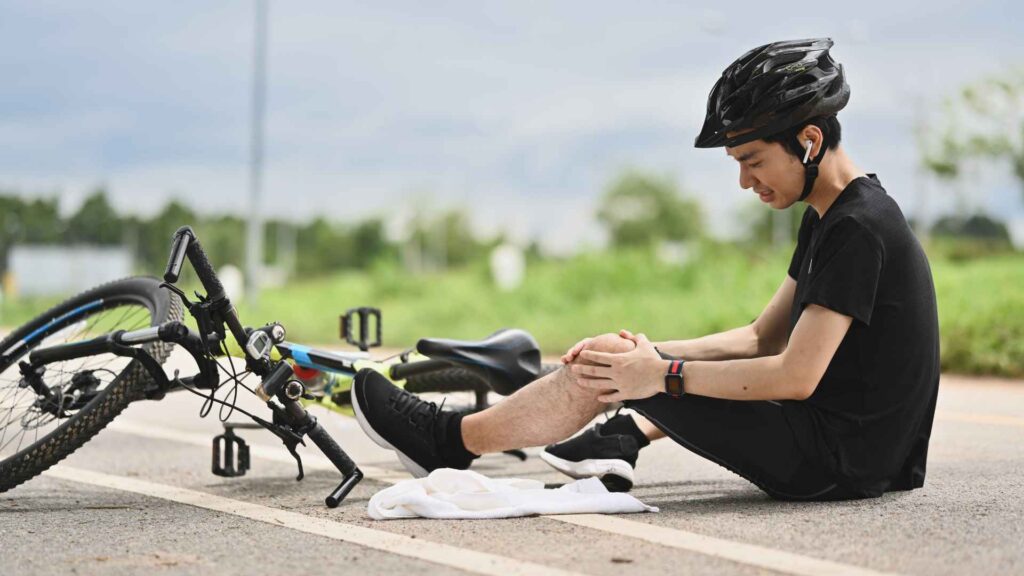
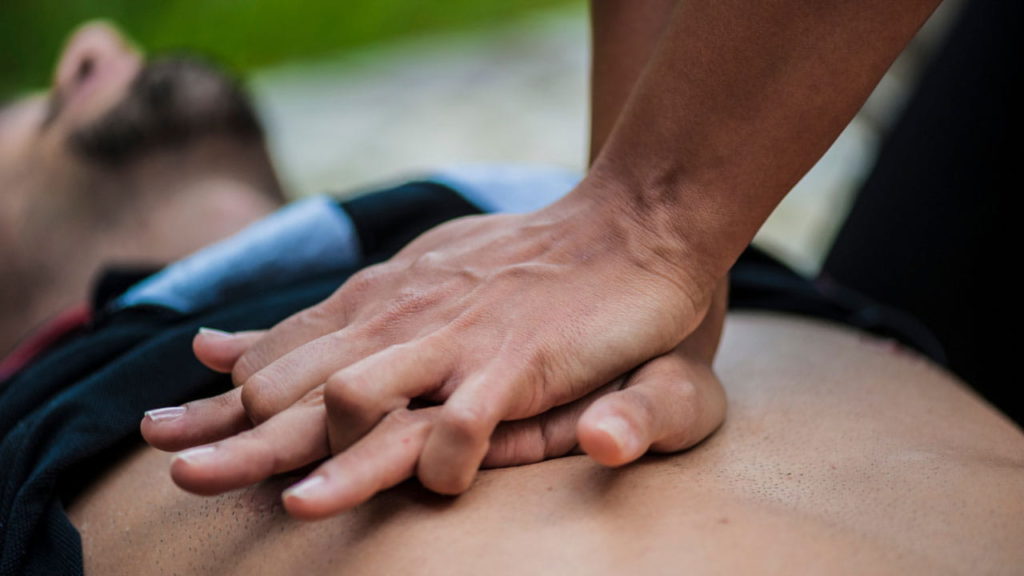
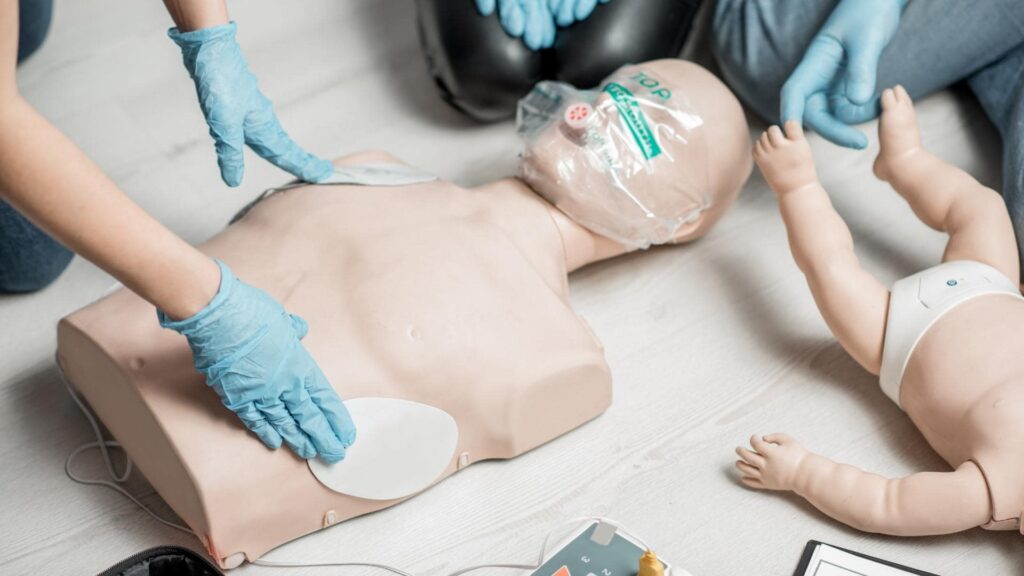

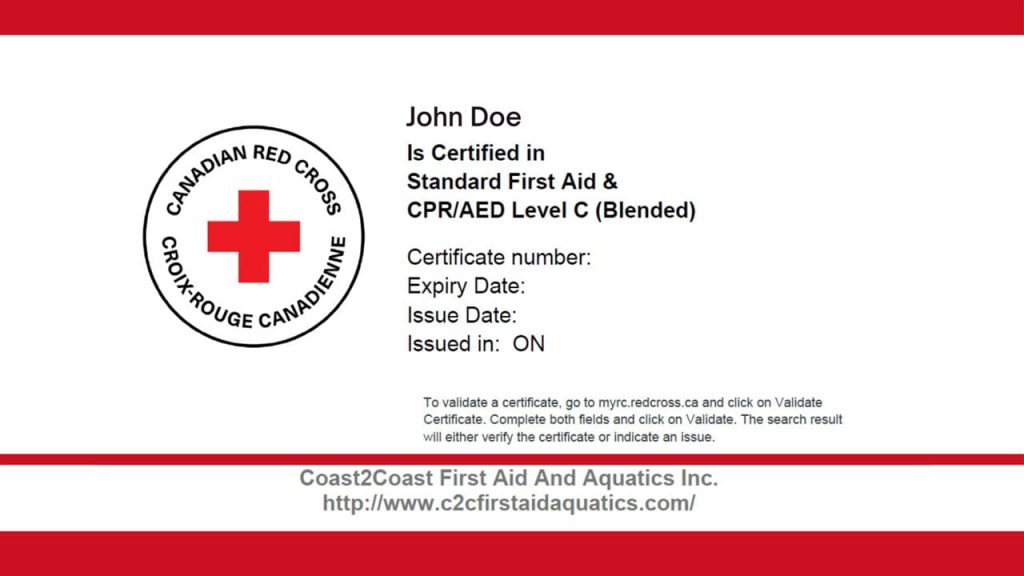
No comment yet, add your voice below!